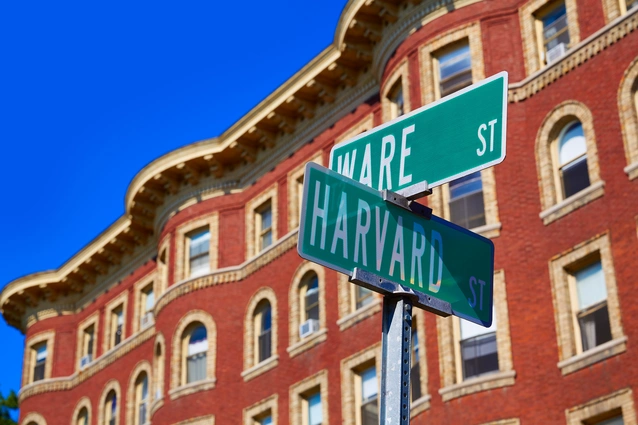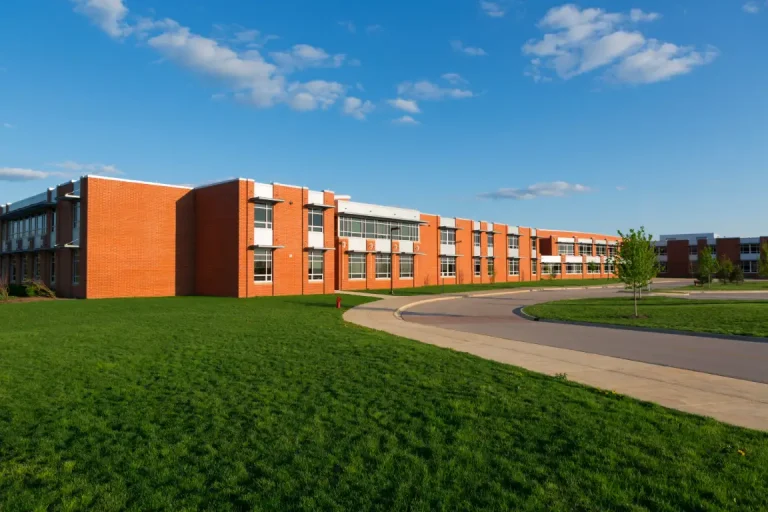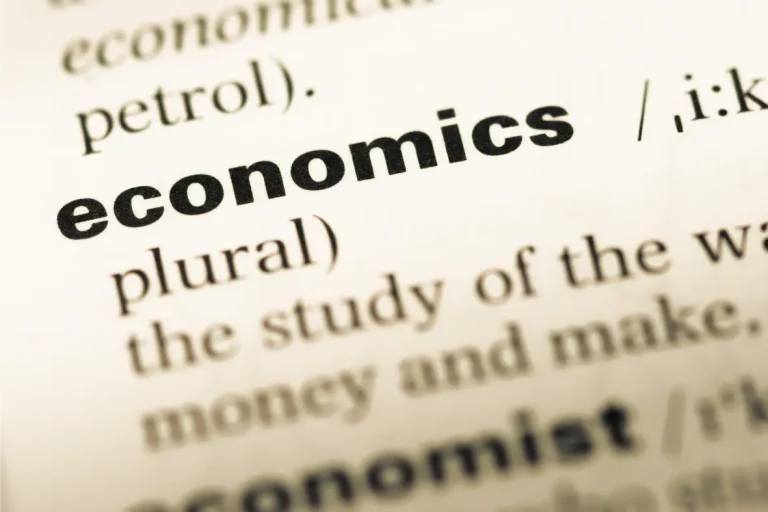Want to Improve Your GPA in Middle School or High School?
Today, Aralia selected 8 global AI leaders based on the Times100/AI – featuring the world’s top 100 influential figures in AI, AI Magazine’s Top 10 AI Leaders in the U.S., and LinkedIn’s 2025 Top AI Influencers.
Let’s take a look at which universities and majors these successful AI leaders attended!
| AI Leader | Position |
| Sundar Pichai | CEO of Google |
| Fei-Fei Li | Director of Stanford’s Human-Centered AI Institute |
| Sam Altman | Co-founder of OpenAI |
| Jensen Huang | Founder & CEO of NVIDIA |
| Satya Nadella | CEO of Microsoft |
| Rohit Prasad | Head of AI at Amazon |
| Liang Rubo | Co-founder of ByteDance |
| Alexandr Wang | CEO of Scale AI |
1. Sundar Pichai (CEO of Google)
Education:
- Bachelor’s in Metallurgical Engineering – Indian Institute of Technology, Kharagpur
- Master’s in Materials Science & Engineering – Stanford University
- MBA – Wharton School, University of Pennsylvania
Sundar Pichai joined Google in 2004 and became CEO in 2015. After the rise of ChatGPT in late 2022, Google transitioned from being a leader in AI to a follower. In response to the popularity of ChatGPT, Google has begun integrating generative AI tools into its products, most notably through the AI Overview feature in Google Search.
2. Fei-Fei Li (Director of Stanford’s Human-Centered AI Institute)
Education:
- Bachelor’s in Physics – Princeton University
- Master’s in Electrical Engineering – California Institute of Technology (Caltech)
- PhD in Electrical Engineering – California Institute of Technology (Caltech)
Fei-Fei Li, an inaugural Sequoia Professor in the Computer Science Department at Stanford University, has made great contributions to artificial intelligence. As a Founding Co-Director of Stanford’s Human-Centered AI Institute, she advocates the development of artificial intelligence technology that can enhance rather than replace human capabilities.
Born in Beijing and raised in Chengdu, China, she attended Chengdu No. 7 High School before moving to the U.S. at age 16 to reunite with her family and begin her studies in the United States.
3. Sam Altman (Co-founder of OpenAI)
Education:
- Studied Computer Science at Stanford University (Dropped out)
Sam Altman, CEO of OpenAI, became a household name following the success of ChatGPT.
He received his first computer at age 8 and started learning programming. In 2005, after two years at Stanford, he dropped out before earning a degree.
4. Jensen Huang (Founder & CEO of NVIDIA)
Education:
- Bachelor’s in Electrical Engineering – Oregon State University
- Master’s in Electrical Engineering – Stanford University
Jensen Huang founded NVIDIA in 1993. The company’s invention of the GPU in 1999 sparked the PC gaming boom and laid the foundation for modern AI.
Under Huang’s leadership, NVIDIA became the world’s most valuable company in June 2024, surpassing Microsoft.
85% of Aralia Students Place in Top Writing Competitions
Our students consistently place in top competitions, achieving outstanding results. In 2025 alone, Aralia students earned 141 awards in the Scholastic Writing Awards. Additionally, our students received 10 awards from the Ocean Awareness Contest.
5. Satya Nadella (CEO of Microsoft)
Education:
- Bachelor’s in Electrical Engineering – Manipal Institute of Technology, India
- Master’s in Computer Science – University of Wisconsin
- MBA – Booth School of Business, University of Chicago
6. Rohit Prasad (Head of AI at Amazon)
Education:
- Bachelor’s in Electronics & Communications Engineering – Birla Institute of Technology, India
- Master’s in Electrical Engineering – Illinois Institute of Technology
- MBA – Sloan School of Management, MIT
7. Liang Rubo (Co-founder of ByteDance)
Education:
- Bachelor’s in Microelectronics – Nankai University, China
Liang Rubo became CEO of ByteDance in 2021 after co-founding the company with Zhang Yiming.
In May 2024, ByteDance launched the Doubao AI model, which surpassed Baidu’s ERNIE to become China’s most popular chatbot, reducing operational costs by 99.8% compared to OpenAI’s GPT-4.
8. Alexandr Wang (CEO of Scale AI)
Education:
- Studied Mathematics & Computer Science at MIT (Dropped out)
Born in 1997 in the U.S., Wang’s parents were Chinese immigrants. From a young age, he excelled in math and computer science:
- 2012 & 2013: Finalist in the USA Computing Olympiad (USACO)
- 2013: Qualified to participate in the Math Olympiad
- 2014: Member of the S. Physics Team
Scale AI, a data-labeling platform, has grown into a key player in AI, collaborating with Meta, Microsoft, and OpenAI.
What Can AI-Interested Students Learn from This?
From the educational backgrounds of the eight AI leaders above, we have observed some interesting information for your reference:
1. Choosing the Right Major
If you’re interested in AI, consider these popular majors from AI leaders’ backgrounds:
- Electrical Engineering
- Computer Science
- Mathematics
- Physics
- Materials Science & Engineering
- Electronics & Communications Engineering
These majors appear in the undergraduate and graduate education experiences of the eight AI leaders. Notably, Electrical Engineering appeared frequently.
Electrical engineering is an engineering discipline that studies, designs, and applies equipment, devices, and systems that use electricity, electronics, and electromagnetism.
An article on LinkedIn in 2023 pointed out that electrical engineering will drive the future development of artificial intelligence:
“One of the main benefits of combining artificial intelligence with electrical engineering is the potential to create more efficient and sustainable systems.”
2. MBA + Engineering Background for Leadership
Many AI leaders who joined major tech firms (rather than founding startups), such as Google’s Sundar Pichai, Microsoft’s Satya Nadella, and Amazon’s Rohit Prasad, all pursued engineering-related degrees before obtaining MBAs.
3. Competing in STEM Competitions
High school students should consider prestigious competitions to build strong AI-related academic profiles.
- USACO (USA Computing Olympiad) – A challenging online programming competition held four times a year.
- MOP (Mathematical Olympiad Program) – Selects and trains the U.S. team for the International Math Olympiad (IMO).
These competitions are the foundation for Scale AI CEO Alexander Wang to build his own company.
If USACO or MOP seems too difficult, other alternatives include:
- ACSL (American Computer Science League)
- AMC (American Mathematics Competitions)
In 2023-24, Aralia’s ACSL team ranked in the top 10% globally, with 5 students qualifying for the finals, including one gold medalist!










